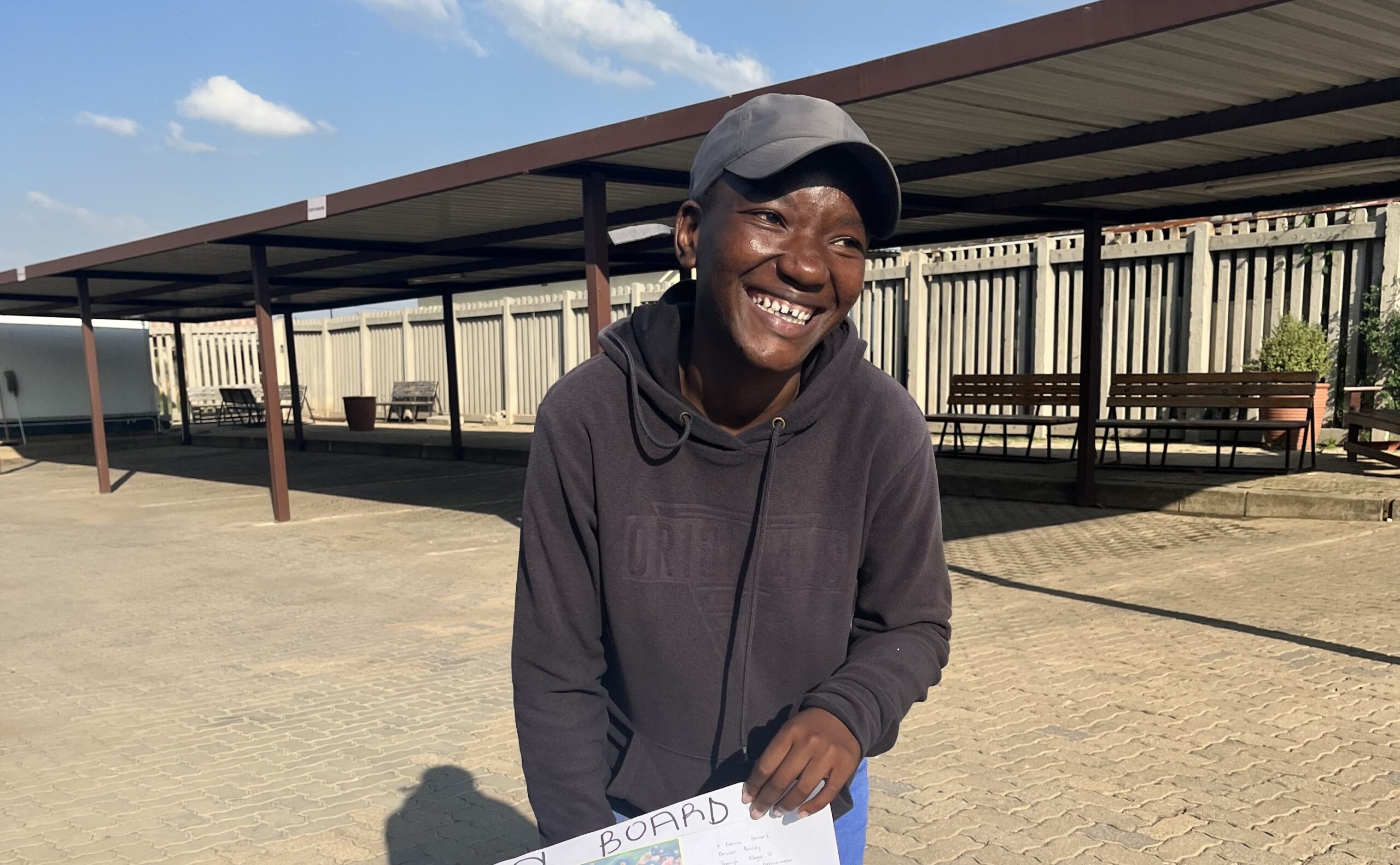Johannesburg, South Africa – Nontokozo grew up in Langaville, on the outskirts of Johannesburg, in a traditional family where consulting a healer is first-choice before seeking medical intervention. By the time Nonotokozo started to think about contraception, she was faced with the challenge of deciding what to do. “My mother wanted me to see a traditional healer for contraception, but I wasn’t comfortable with that idea,” Nontokozo says. Communicating with her mother about her experiences as a young person in today’s society has always been a challenge.
In Langaville, misinformation about health and healthcare is rife. This is often due to overarching stigma and judgement surrounding issues like teen pregnancy and HIV, which hinder access to information. In Nontokozo’s community, weight gain in the community is often stigmatised, associated with taking antiretroviral medication. At the same time, weight loss is commonly mentioned within the community as being attributed to someone who is HIV-positive. The complex layers of misinformation prevent young people like Nontokozo from openly talking about sexual and reproductive health, and understanding how best to meet their needs.
In 2023, Nontokozo was introduced to Tiko during a chance encounter with a ‘Tiko club’ when visiting her local clinic. She had visited the health facility initially to find out about some computer lessons, but left that day inspired by her time with Tiko members. She’d learned that Tiko was a platform where young people in her community could access free sexual and reproductive health services from a provider of their choice, and be rewarded for their positive behaviours with ‘Tiko miles’ redeemable at local shops and kiosks for essential items. Most importantly, the Tiko membership meant being part of a judgement-free community where Nontokozo could talk about her health challenges and receive clear information about her health and the options available to her.
Not long after, Nontokozo enrolled onto the Tiko platform and started accessing free contraceptive injectables. She also began taking part in regular Tiko clubs to meet up with other members and mobilisers in her community. Today, the Tiko club and health facilities have become sanctuaries for Nontokozo, offering her the opportunity to connect with peers who shared similar struggles. Here, she’s found a community that understands the challenges she faces as a young person navigating her sexual health. “I appreciate the friendly approach of healthcare workers at the facility and Tiko members in the community. I feel like I know more about what I want,” she says.
Amid the challenging health environment of Langaville, Nontokozo has shown resilience. She now has a better relationship with her mother, empowered to talk about her sexual and reproductive health, and also with her partners who she can discuss HIV prevention and contraception with comfortably and confidently.
“I’m learning so much at Tiko clubs, and the nurses who join us from the clinic are very helpful,” she says. Nontokozo is an example of the behaviour change that Tiko works to enable, and of the measurable, and immeasurable, impact this can have on health at the community level.
This story was written by Tiko, with consent from Nontokozo.
Nontokozo’s voice: resilience in Johannesburg
